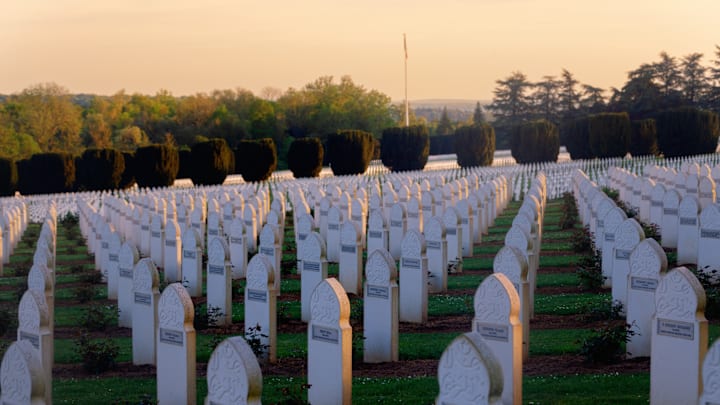The Consequences of World War I

One of the most immediate consequences of World War I was the staggering loss of life and the widespread devastation. The war claimed the lives of approximately 16 million people, both military personnel and civilians, and left millions more wounded. The physical and psychological scars of the war had a lasting impact on those who survived, and the social fabric of many nations was irrevocably altered.
The war also led to the redrawing of national borders and the collapse of empires. The Austro-Hungarian, Ottoman, German, and Russian empires disintegrated, leading to the emergence of new nations and the reconfiguration of existing ones. The Treaty of Versailles, signed in 1919, formally ended the war but imposed harsh penalties on Germany, including substantial territorial losses, disarmament, and reparations. This treaty sowed the seeds of resentment and economic hardship in Germany, contributing to the rise of Adolf Hitler and the onset of World War II.
In addition to territorial changes, World War I had significant political ramifications. The Russian Revolution of 1917, fueled by the hardships of war, led to the overthrow of the Tsarist regime and the establishment of the Soviet Union. This event marked the beginning of a new era of ideological conflict between communism and capitalism, which would dominate much of the 20th century.
The war also accelerated social change, particularly in Europe and North America. The role of women in society began to shift as they entered the workforce in large numbers to replace men who had gone to fight. This change laid the groundwork for the women's suffrage movement, which gained momentum after the war, leading to the extension of voting rights to women in many countries.
Economically, the war had devastating effects. The immense cost of the conflict drained national treasuries and left many countries deeply in debt. The war disrupted trade and production, leading to economic instability and hardship. The interwar period saw significant economic challenges, including hyperinflation in Germany and the Great Depression, which had global repercussions.
Culturally, World War I had a profound impact on art, literature, and thought. The horrors of trench warfare and the disillusionment with traditional values led to a cultural shift. The war gave rise to the "Lost Generation" of writers, such as Ernest Hemingway and F. Scott Fitzgerald, who expressed the disillusionment and cynicism of the post-war period. Modernist movements in art and literature, characterized by a break with traditional forms and an exploration of new techniques and perspectives, also emerged during this time.
The League of Nations, established after the war with the goal of maintaining peace and preventing future conflicts, was one of the most significant but ultimately unsuccessful attempts to address the causes of war. Despite its initial promise, the League failed to prevent aggression by authoritarian regimes in the 1930s, leading to the outbreak of World War II.
In conclusion, the consequences of World War I were profound and far-reaching. The war resulted in enormous loss of life, political upheaval, economic hardship, and significant social and cultural changes. The redrawing of national borders, the rise of new ideologies, and the emergence of new political and social movements were all direct outcomes of the conflict. The legacy of World War I continues to influence contemporary geopolitics and remains a pivotal moment in modern history.